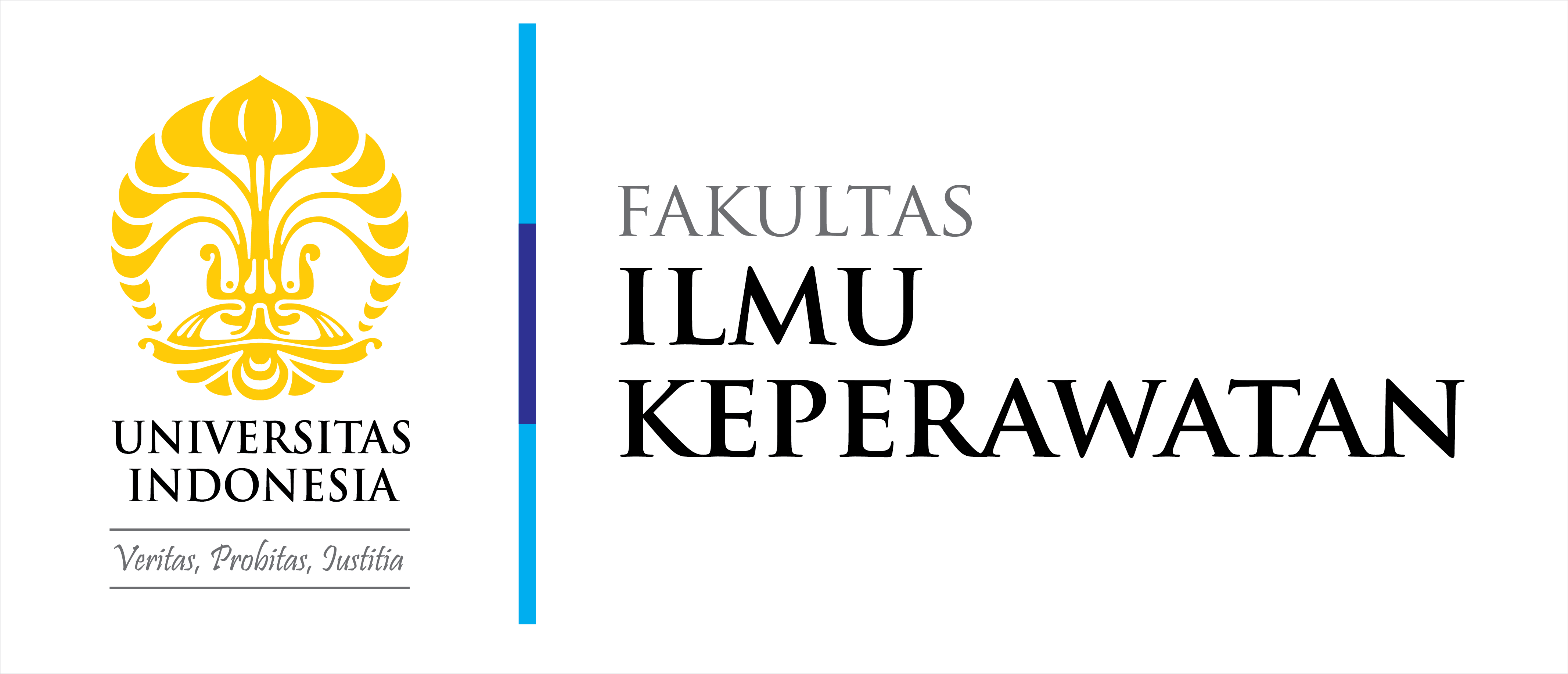The World Health Organization (WHO) has declared Covid-19 as a pandemic since the end of February 2020. Several countries around China, especially the Wuhan area, have locked down. The first case of Covid-19 in Indonesia occurred in early March 2020. The Governor of DKI Jakarta, Anies Baswedan issued a regulation on Large-Scale Social Restrictions (PSBB) for two weeks from April 10, 2020. The PSBB decision led to a reduction in the activities of Jakarta residents outside their homes which changed to work from home (WFH). The majority of activities and meetings are turning to digital.
Universitas Indonesia is part of a university that pays attention and contributes significantly in handling the Covid-19 pandemic. The University of Indonesia has implemented Distance Education for all students since mid-March 2020. Study from home aims to minimize the spread of Covid-19 in Indonesia, especially the University of Indonesia campus environment. The implementation of Study from home is still valid today. All campus activities and student activities use technology with an online system (in the network). Technology has an important role in the learning process, work, meetings, and other activities. Technology also has a negative impact, namely a decrease in social activities and an individualistic attitude because each individual has their own busy schedule.
The prevalence of Covid-19 continues to increase and has an impact on all aspects of life. Humans are social creatures who need other people. The majority of people often spend their time outdoors during the day to study, work, and various other meetings. The increase in Covid-19 cases in Indonesia has made people experience a decrease in social activities from March to September 2020 which can cause boredom. In addition to the social impact, Covid-19 has had an impact on the economic sector. Most of the community experienced salary delays and were affected by termination of employment because the company imposed employee reductions. The public also experienced a decline in purchasing power which had an effect on the trade sector. This causes an increase in unemployment and the selling price of necessities. The Governor of DKI Jakarta, Anies Baswedan, has again issued the Large-Scale Social Restriction regulation due to the increase in Covid-19 cases since the implementation of the new normal phase. The government and society face a dilemma. People are worried about contracting Covid-19 but need funds to meet their needs. Recreational places that are often used as an alternative to holidays are also closed to reduce the transmission of Covid-19. This pressure creates anxiety and restlessness in society.
The Faculty of Nursing, University of Indonesia (FoN UI) together with the Indonesian Mental Health Nurses Association (IPKJI) are also concerned with the current condition. FIK UI together with IPKJI held an activity with the theme “Covid-19 Mental Health and Psychosocial Support (DKJPS)”. The target of this activity is the Academic Community of the University of Indonesia, especially students and lecturers. The material presented was related to Covid-19 and mental health support for Covid-19 patients.
Programs carried out by FoN UI include the DKJPS Covid-19 Thematic Real Work Lecture program. The implementation of the Covid 19 KKNT was carried out by FIK UI students who had attended training from DIKTI at IMERI and Covid 19 Mental Health and Psychosocial Support training at FIK UI. Learning achievements in the Covid-19 KKNT activities include students being able to apply the management of the Covid-19 DKJPS and fostering at least 10 target families of the Covid-19 DKJPS. This activity is carried out online. Starting with the first day of physical and mental health screening, evaluation of physical and mental health screening on the 14th day. Then from the first day to the 14th day, daily interventions and evaluations were carried out on the adaptation of new habits in their own families and 10 assisted families.
A total of 110 students and 10 assistant lecturers of FIK UI were involved in this activity. The accompanying lecturer is Dr. Tuti Nuraini, SKp., M. Biomed., Ice Yulia Wardani, SKp. M.Kep., Sp.Kep.Ji, Ns. Rizka Amalya, S.Kep., M.Kep., Dr. Hanny Handiyani, SKp., M.Kep., Dr. Novy Helena, SKp., M.Sc., Dr. Astuti Yuni Nursasi, SKp., MN, Kuntarti, SKp., M. Biomed., Tuti Herawati, SKp., MN, Ns. Shanti Farida, SKep., M.Kep.Sp.KMB, Ns. La Ode Abd. Rahman, S.Kep., MBA, under the guidance of Prof. Dr. Budi Anna Keliat, SKp., M.App.Sc. Every student is strived to have at least 10 fostered families, consisting of UI student families and the community around their residence. One family consists of 3-4 people, so the target achieved is 3147 people. This program also directs students to be more concerned with environmental conditions, conduct physical and mental health screenings in the environment where they live, and help the environment in maintaining physical and mental health. The DKJPS Covid-19 Thematic KKN-Thematic Program provides insight to the assisted families about Covid-19, how to minimize anxiety and anxiety, and adapt to new habits. The media used by students are YouTube and Instagram. The use of social media aims to convey information to foster families and social media users. This activity lasted for 1.5 months which ended on September 25, 2020 with the output of as many as three thousand people who had been nurtured and were able to increase their physical and mental immunity from the threat of Covid-19.


